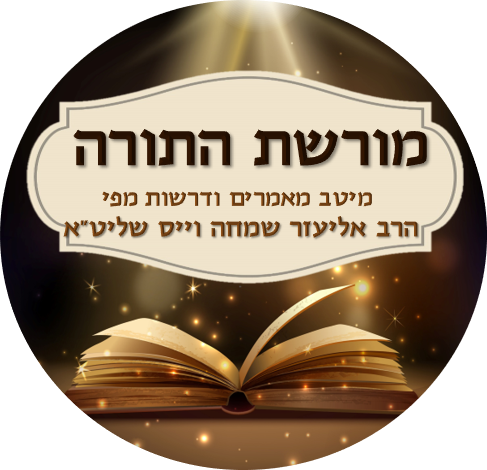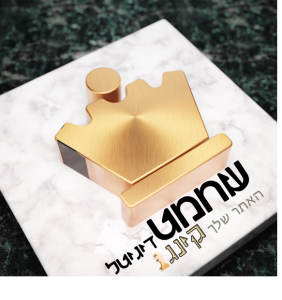Shoftim – Beginning the Countdown
Shoftim veshotrim titen lekha – “Judges and officers shalt thou make thee.”
(Devarim – Deuteronomy 16, 18):
This week we enter the month of Elul, the period of spiritual preparation for the High Holidays, a forty-day countdown to the “Day of Atonement,” and thirty days to the Day of Judgment Yom HaDin. Appropriately, we read Parshat Shoftim on the first Shabbat of this auspicious month.
The word Shoftim means judges. This Torah portion is dedicated to the establishment of a judicial system but the verse also implies that we must constantly judge ourselves- titen lekha- and even more so, during the month of Elul
Every weekday morning of this month, the shofar is blown. According to Rambam (Maimonides), the sound of the shofar is to serve as a siren for our souls. He writes:
“The shofar’s call says: Wake up you sleepy ones from your sleep and you who slumber, arise! Inspect your deeds, repent, remember your Creator… Look to your souls. Improve your ways and your deeds and let every one of you abandon his evil path and thoughts.” (Laws of Repentance 3:4)”.
The shofar when listened to correctly is meant to pentrate our hearts and jolt us out of our spiritual smugness and prompts us to prepare ourselves for the Days of Awe, and for the process of teshuvah awakening us to perform teshuva.
The shofar also demands that we judge ourselves thoroughly. Maimonides continues his discussion of the shofar’s message with the following teaching:
“Accordingly, throughout the entire year, a person should always look at himself as equally balanced between merit and sin and the world as equally balanced between merit and sin. If he performs one sin, he tips his balance and that of the entire world to the side of guilt and brings destruction upon himself. On the other hand, if he performs one mitzvah, he tips his balance and that of the entire world to the side of merit and brings deliverance and salvation to himself and others”.
(Laws of Repentance 3:4)
In other words, we must judge ourselves as if our every action has cosmic significance. The decisions we make about how we lead our lives will have a significant impact on the world around us – our families, our communities, our nation. As we examine our souls and assess our standing in the eyes of G-d and man; we must imagine that our lives and the lives of those around us are held in a delicate balance. The greatest tool we possess in the Jewish tradition for self assessment and renewal is prayer. The reflexive Hebrew verb l’hitpallel, “to pray,” actually means “to judge oneself.”
May we truly judge ourselves with honest and critical eyes, and so prepare ourselves for G-d to judge us on Rosh Hashanah.

 שחמט דיגיטל
שחמט דיגיטל